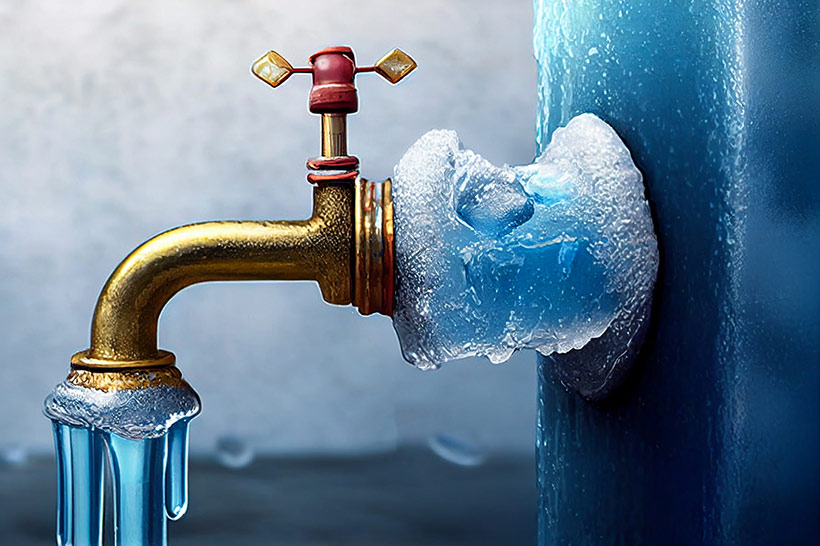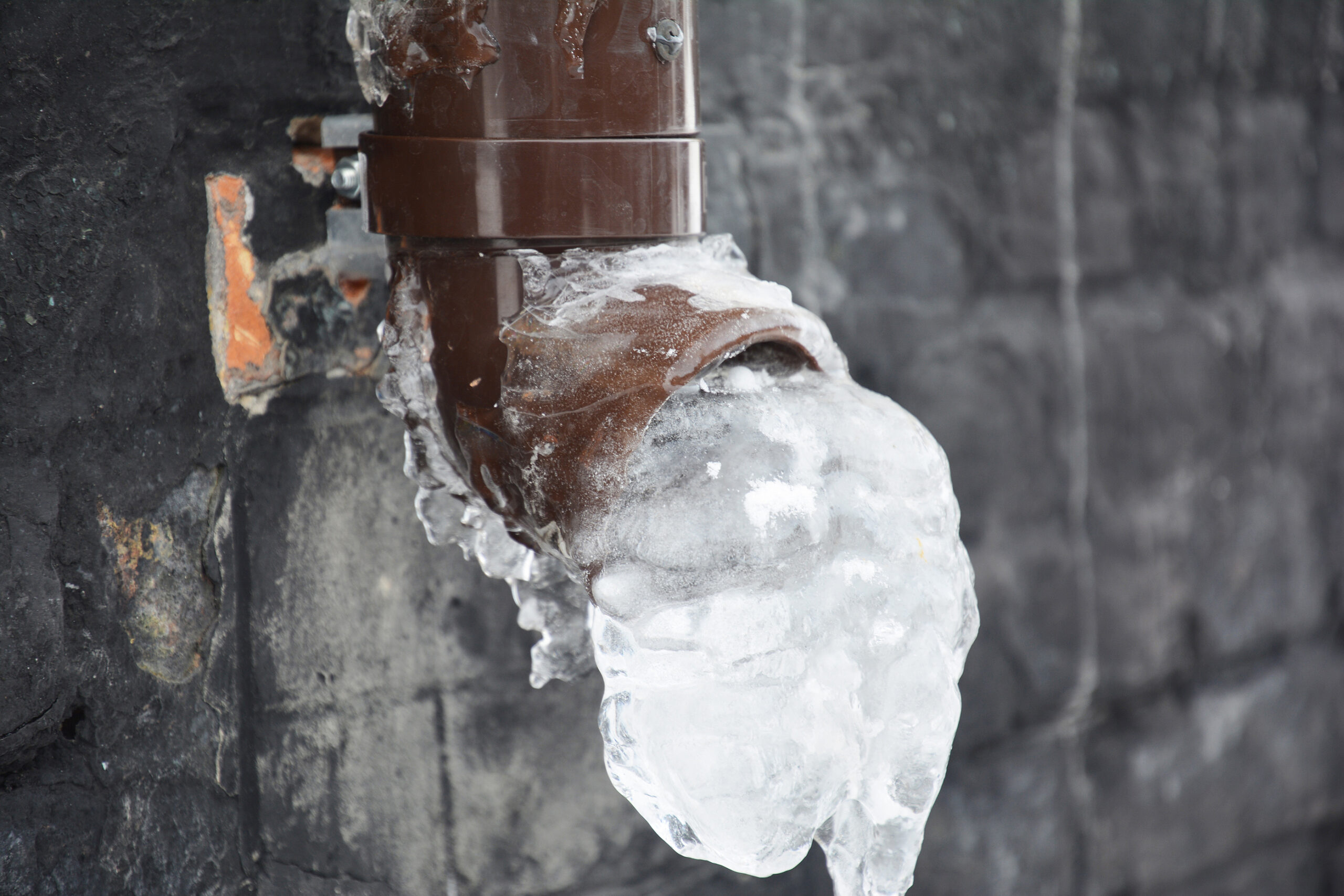Avoiding Frozen Plumbing in Cold Weather: Pro Advice
Avoiding Frozen Plumbing in Cold Weather: Pro Advice
Blog Article
Were you trying to locate tips involving How to prepare your home plumbing for winter weather?

Winter can damage your pipes, specifically by freezing pipes. Here's just how to prevent it from occurring and what to do if it does.
Introduction
As temperature levels drop, the risk of icy pipelines increases, potentially causing pricey repairs and water damage. Comprehending just how to stop icy pipelines is essential for house owners in cool environments.
Avoidance Tips
Shielding vulnerable pipelines
Cover pipes in insulation sleeves or utilize heat tape to protect them from freezing temperature levels. Concentrate on pipelines in unheated or outside locations of the home.
Home heating strategies
Maintain indoor rooms properly warmed, specifically locations with pipes. Open cupboard doors to permit cozy air to flow around pipelines under sinks.
Just how to determine frozen pipelines
Search for decreased water circulation from faucets, uncommon smells or noises from pipelines, and noticeable frost on subjected pipelines.
Long-Term Solutions
Architectural adjustments
Think about rerouting pipelines far from exterior walls or unheated areas. Add extra insulation to attics, basements, and crawl spaces.
Upgrading insulation
Buy top quality insulation for pipelines, attics, and wall surfaces. Proper insulation assists keep regular temperature levels and lowers the risk of frozen pipes.
Protecting Outdoor Pipes
Garden hose pipes and outside taps
Detach and drain pipes garden pipes before wintertime. Install frost-proof faucets or cover exterior faucets with insulated caps.
Recognizing Frozen Pipelines
What causes pipes to ice up?
Pipes ice up when subjected to temperature levels below 32 ° F (0 ° C) for prolonged periods. As water inside the pipes ices up, it increases, putting pressure on the pipe wall surfaces and potentially triggering them to rupture.
Dangers and damages
Frozen pipes can result in water supply disruptions, residential or commercial property damage, and costly repair work. Burst pipes can flooding homes and trigger substantial structural damage.
Signs of Frozen Pipes
Identifying icy pipes early can prevent them from rupturing.
What to Do If Your Pipes Freeze
Immediate activities to take
If you presume frozen pipes, keep faucets open up to soothe pressure as the ice melts. Make use of a hairdryer or towels soaked in warm water to thaw pipes gradually.
Conclusion
Preventing frozen pipelines needs positive steps and quick actions. By recognizing the reasons, indications, and preventive measures, homeowners can shield their pipes during winter.
6 Proven Ways to Prevent Frozen Pipes and Protect Your Home
Disconnect and Drain Garden Hoses
Before winter arrives, start by disconnecting your garden hoses and draining any remaining water. Close the shut-off valves that supply outdoor hose bibs and leave the outdoor faucet open to allow any residual water to drain. For extra protection, consider using faucet covers throughout the colder months. It’s also important to drain water from any sprinkler supply lines following the manufacturer’s directions.
Insulate Exposed Pipes
Insulating your pipes is an effective way to prevent freezing. Pipe insulation is readily available at home improvement stores and is relatively inexpensive. Pay close attention to pipes in unheated areas such as the attic, basement, crawl spaces, or garage. Apply foam insulation generously to create a buffer against the cold. You can also wrap your pipes in heat tape or thermostat-controlled heat cables for added warmth.
Seal Air Leaks
Inspect your home for any cracks or openings that could let in cold air. Seal any holes around the piping in interior or exterior walls, as well as the sill plates where your home rests on its foundation. Additionally, make sure to keep your garage door closed unless you’re entering or exiting. Leaving it open creates a significant air leak that can lead to frozen pipes.
Allow Warm Air Circulation
During cold snaps, it’s essential to allow warm air to circulate evenly throughout your home. Leave interior doors ajar to promote better airflow. Open kitchen and bathroom cabinets to help distribute heat consistently around the rooms. If you have small children or pets, be sure to remove any household chemicals or potentially harmful cleaners from open cabinets for safety.
Let Faucets Drip
A small trickle of water can make a big difference in preventing ice formation inside your pipes. When temperatures drop significantly, start a drip of water from all faucets served by exposed pipes. This continuous flow helps prevent the water from freezing. Additionally, running a few faucets slightly can relieve pressure inside the pipes, reducing the chances of a rupture if the water inside does freeze.
https://choateshvac.com/6-proven-ways-to-prevent-frozen-pipes-and-protect-your-home/

Hopefully you enjoyed reading our post about Preventing and dealing with frozen pipes. Thanks a ton for spending some time to browse our article post. Liked our piece? Please quickly share it. Let someone else check it out. Kudos for your time. Come back soon.
Click Report this page